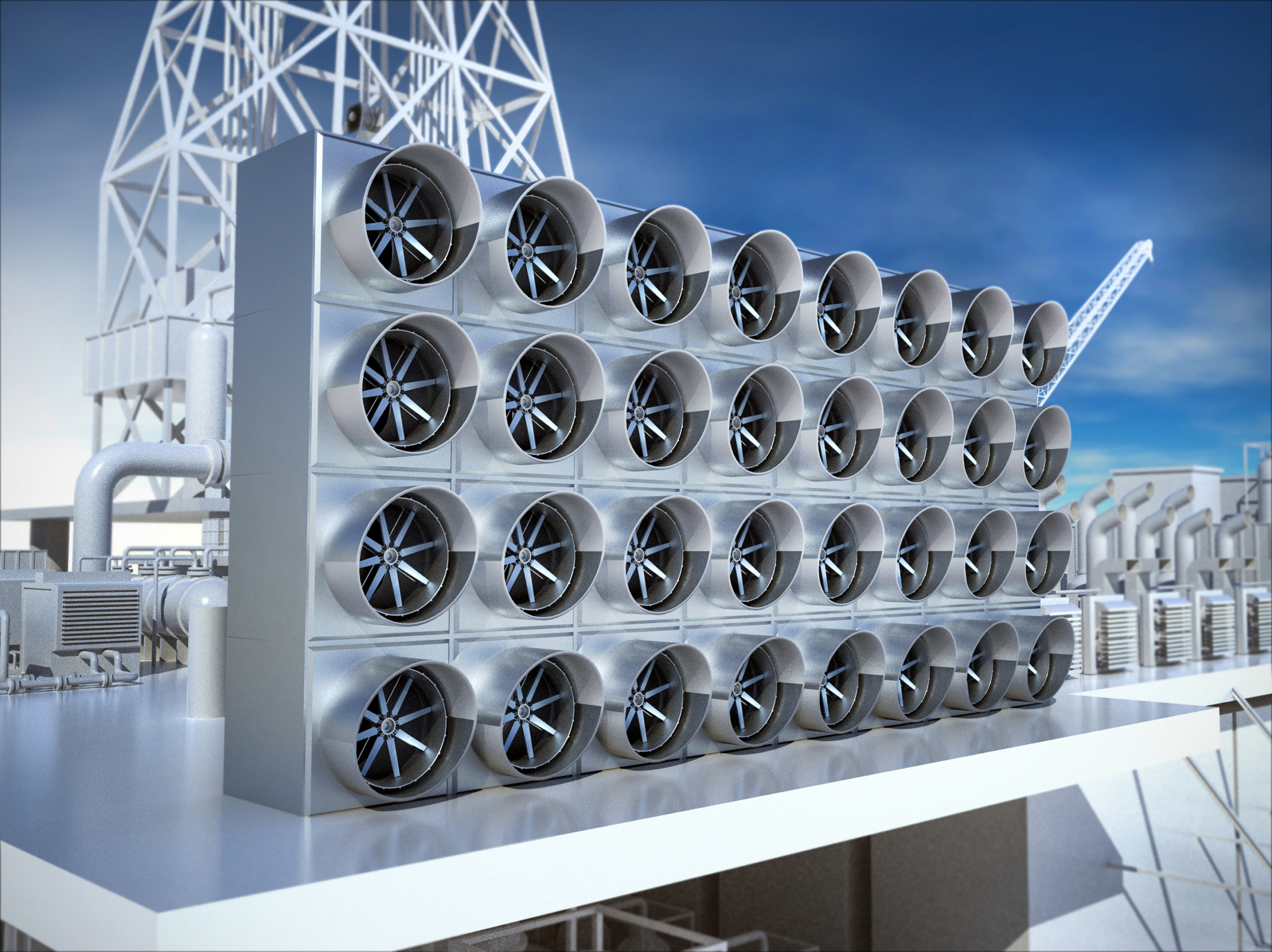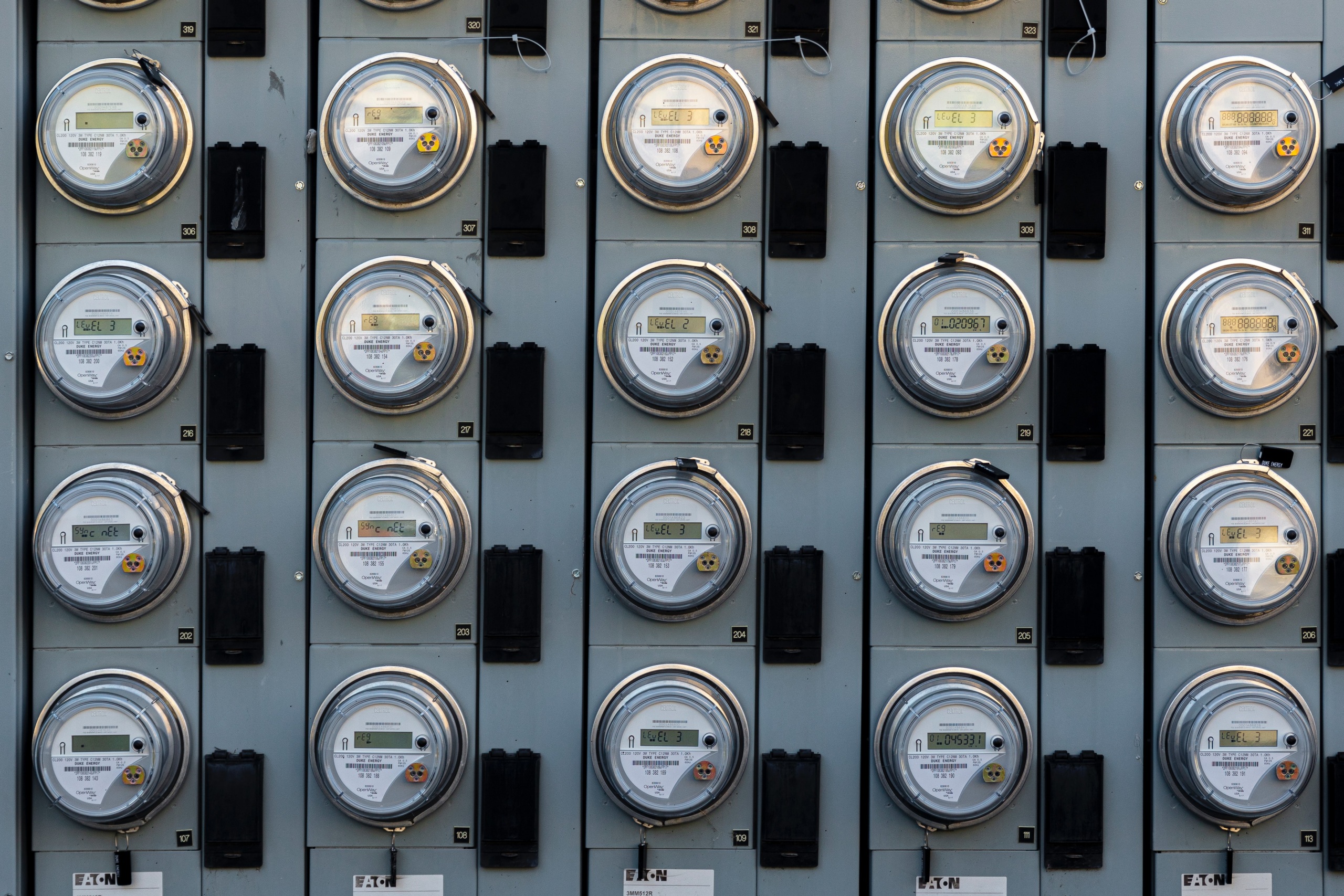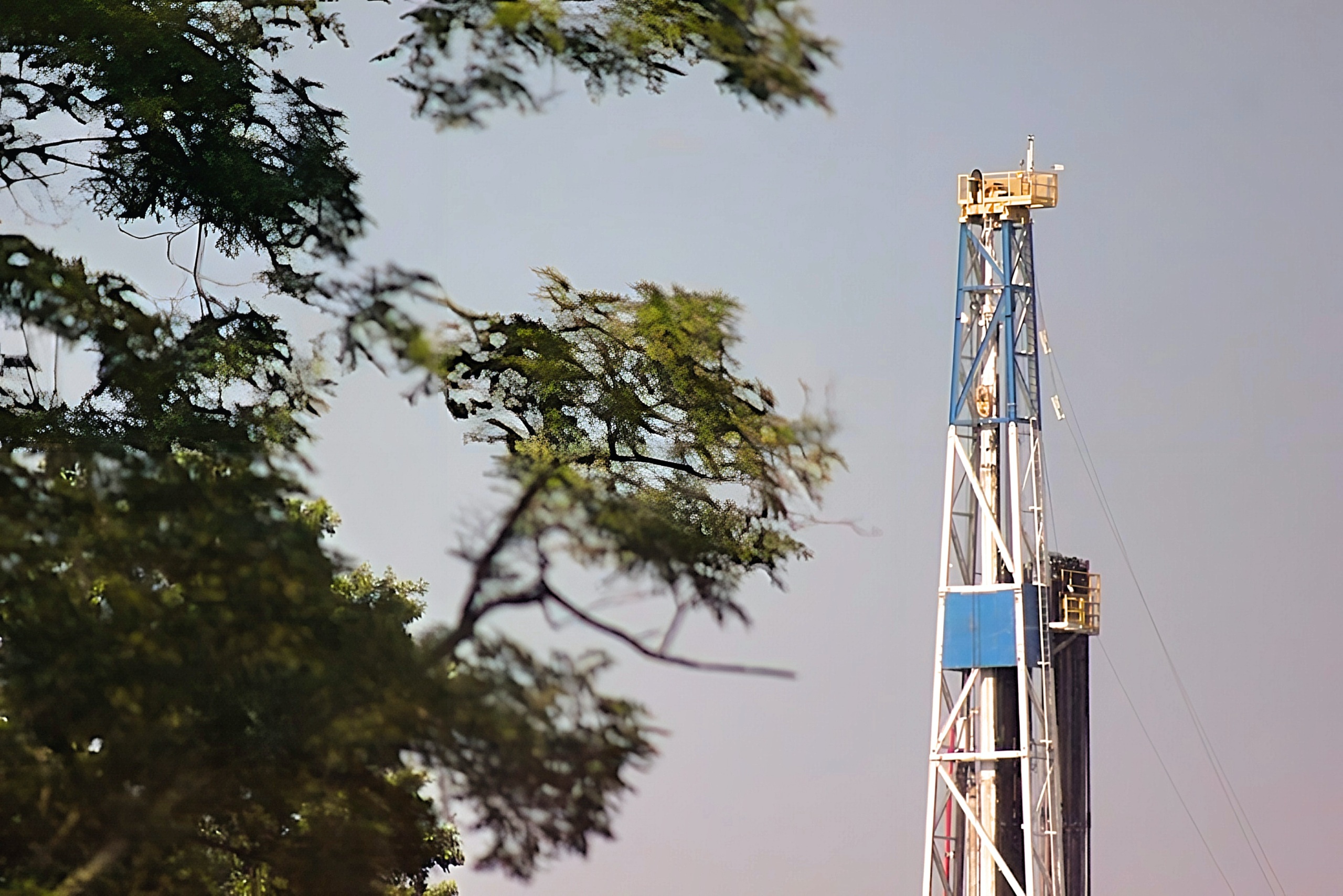
New Report: Natural Gas and Global Warming
Trying to answer the question "If you are so worried about global warming, why are you opposed to fracking to increase natural gas production?" led us to research our recent report Natural Gas and Global Warming.
Some of our partners at Environment America told us that they kept hearing this question, not meant unkindly, about fracking: “If you are so worried about global warming, why are you opposed to fracking to increase natural gas production?”
They and we already could list lots of reasons why fracking is a bad idea, but we wanted to be able to directly answer the question about the climate impacts of natural gas. Finding the answer turned out to be harder and the results—presented in our new report Natural Gas and Global Warming—more sobering than we expected.
First, a reminder why, even if natural gas and oil produced through fracking didn’t contribute to global warming, fracking would still be a bad idea: there’s water and air pollution, habitat disruption, harm to communities, and cost to taxpayers. See here, here, here, here and here for some of our past work about these problems.
Remember, too, that even if using natural gas to produce electricity were better for the climate than using coal for electricity, it still adds far more global warming pollution than wind, solar or other renewable energy sources. In addition, increasing our reliance on natural gas by building more power plants, pipelines and other infrastructure will slow down the transition to clean, renewable energy. (A company that owns a new gas pipeline or a homeowner who has installed a new gas water heater is unlikely to eagerly abandon that investment and spend money on new transmission capacity for wind energy or upgrade to a solar water heater.)
Our partners at Environment America could point out these problems with fracking for natural gas, but we needed to figure out how to respond to the question about the impact of natural gas on the climate.
Ten or maybe even five years ago, none of us had any doubt that generating electricity from natural gas rather than coal produced far less global warming pollution. Depending on the efficiency of the power plant and the type of coal being burned, electricity produced from natural gas produces about half as much carbon dioxide pollution as coal.
But then researchers began to study the full life-cycle impacts of natural gas, looking at what happens before natural gas is burned to produce electricity or combusted to power a vehicle. Natural gas, which consists primarily of methane, leaks easily into the atmosphere from wells under construction, from storage tanks, from compressor stations, from pipelines, and from other infrastructure that is supposed to keep it contained. And methane is a powerful global warming pollutant, causing 34 times more warming in 100 years than an equal amount of carbon dioxide.
Because the carbon dioxide emissions from burning natural gas are so much lower than those from burning coal, even with some amount of methane leakage natural gas will still have less climate impact than coal (but always way more than wind and solar). But if too much methane leaks, natural gas can be as bad as coal, and worse in the short term. Over 20 years, methane’s climate impact is 86 times that of carbon dioxide: a relatively small methane leak can outweigh any avoided carbon dioxide emissions during combustion.
Different researchers publishing detailed, peer-reviewed studies have estimated methane leakage rates that vary more than 10-fold. Some of the studies with the highest estimated leak rages are the most recent, suggesting that as we learn more about methane leaks the problem is turning out to be worse than we thought. This expanding body of knowledge has also revealed that fracked oil wells can release large amounts of methane and that even conventional natural gas operations can be major methane polluters.
All of this led to our conclusion “that natural gas production, transportation and storage result in major leaks of methane to the atmosphere that erode or nullify the climate benefits of shifting to natural gas.” To answer the question that started this whole project, we oppose fracking for natural gas because it does not help address global warming in the short- or long-term. Deepening or continuing our reliance on natural gas, even from conventional sources, will not move us closer to a clean energy future where zero-emission sources provide the bulk of our energy.
Topics
Authors
Elizabeth Ridlington
Associate Director and Senior Policy Analyst, Frontier Group
Elizabeth Ridlington is associate director and senior policy analyst with Frontier Group. She focuses primarily on global warming, toxics, health care and clean vehicles, and has written dozens of reports on these and other subjects. Elizabeth graduated with honors from Harvard with a degree in government. She joined Frontier Group in 2002. She lives in Northern California with her son.
Find Out More

Carbon dioxide removal: The right thing at the wrong time?

How to get more from state energy efficiency programs

“Certified natural gas” is not a source of clean energy

